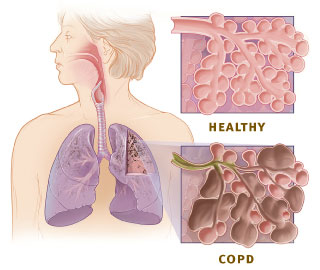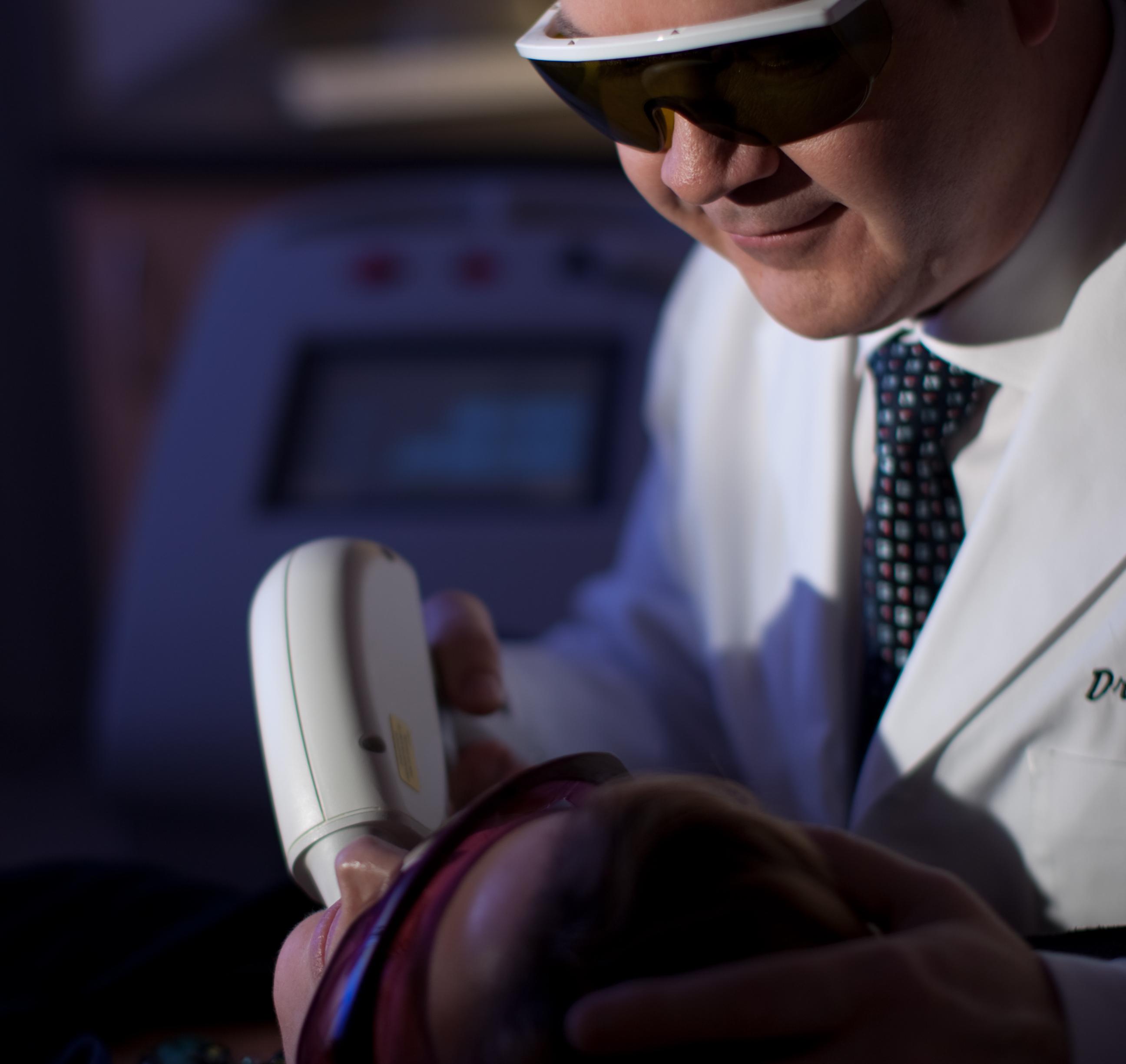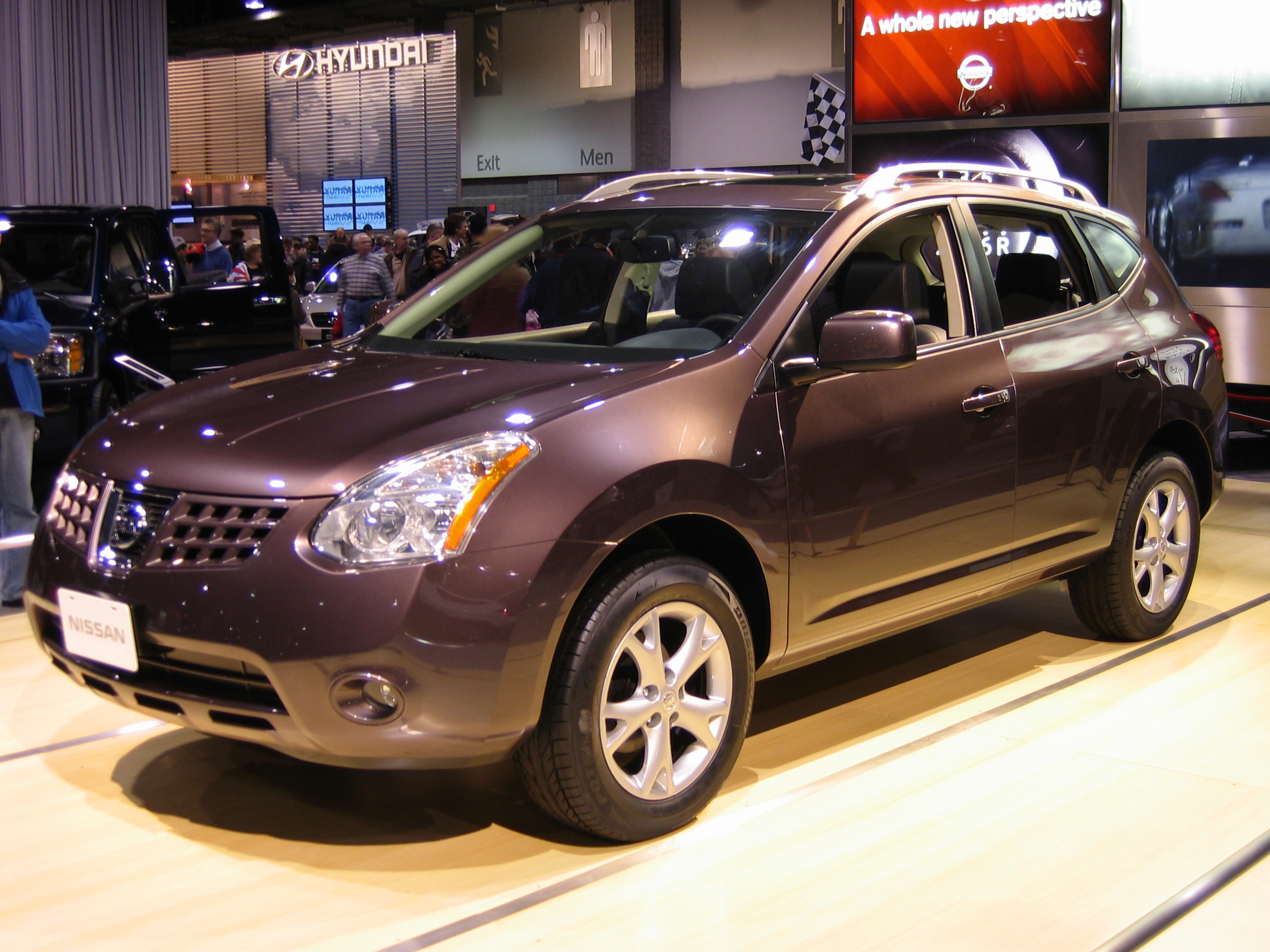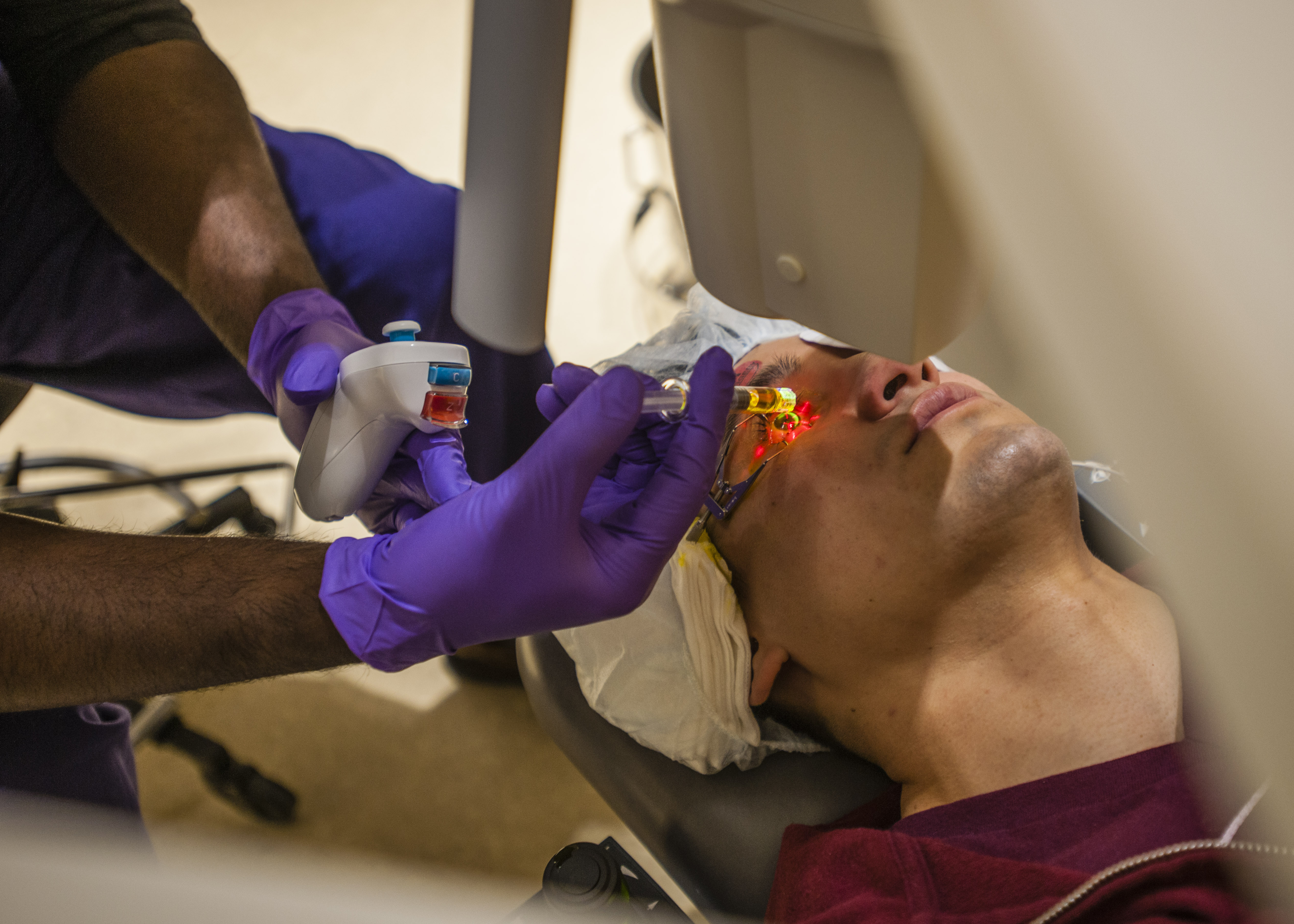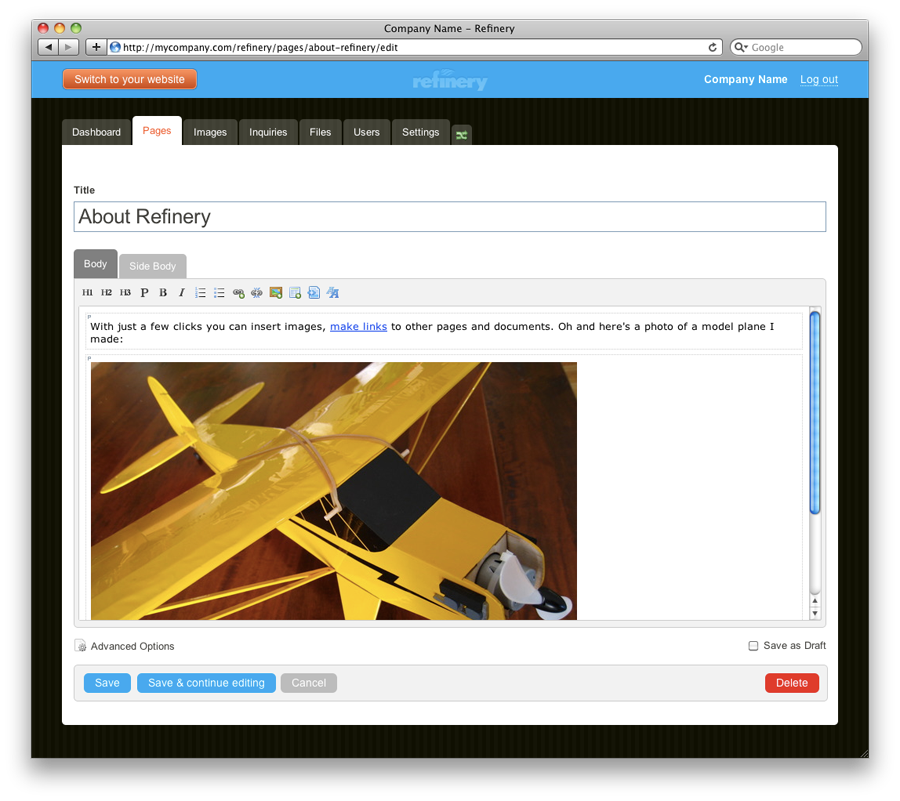Foods To Avoid With Asthma
Asthma is a condition in which the airways swell and produce more mucus than needed. Asthma attacks make it quite difficult to breathe because of the narrower airways. Less air gets through! Common symptoms of asthma include coughing, wheezing, and general shortness of breath. Asthma can be fairly mild, though some have severe cases. There are many forms of asthma, including exercise-induced, occupational, and eosinophilic asthma. The most common form is allergic asthma, where the immune system responds to certain stimuli, such as pollen or food, as if they were attacking the body. Both kids and adults can have asthma!
Allergies and asthma go hand in hand, which is why many find themselves searching for the best medicine for asthma and allergies. Many parents also look at nebulizer treatment for asthma, and still other people affected consider supplements for asthma. There are countless ways to manage this condition! Even avoiding surprising food triggers!
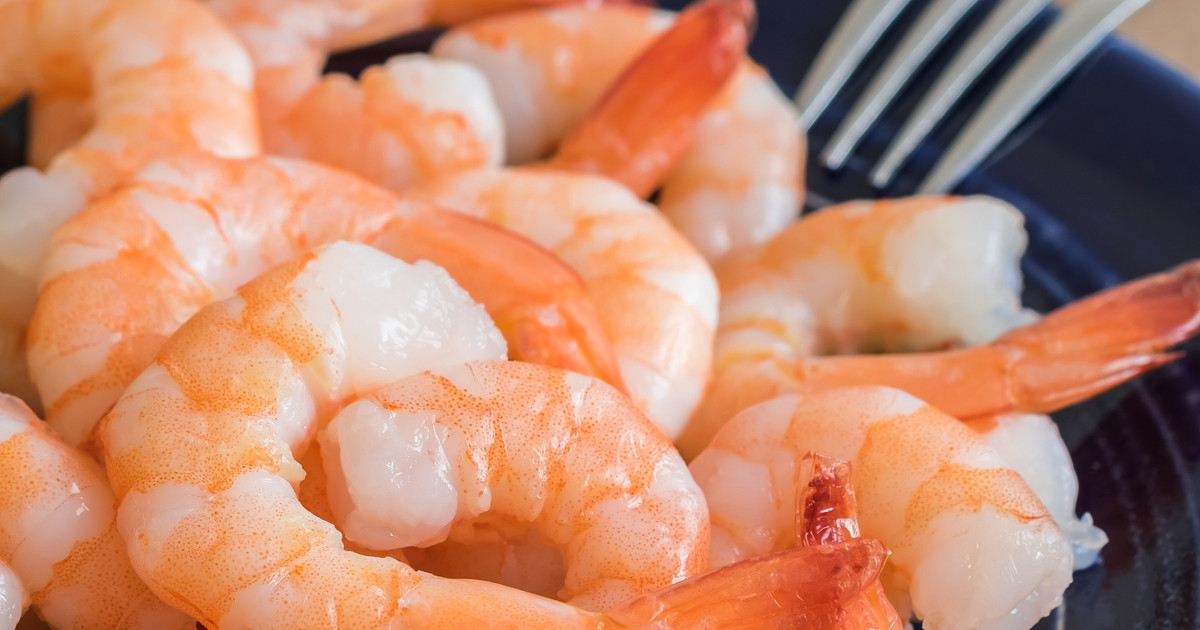
Fresh And Frozen Shrimp
People with asthma should avoid consuming fresh and frozen shrimp for a couple of reasons. First, this food contains sulfites. Sulfites are a type of preservative found in shrimp and many other foods. They perform several functions, including preventing shrimp from discoloration! Sulfites have been connected to triggering asthma symptoms, including wheezing. A sulfite reaction also triggers hives, flushing, and trouble swallowing, among other signs.
In addition to sulfites, shrimp are also a popular food allergy (shellfish and seafood allergies). Many people who have asthma also deal with a food allergy or sensitivity. This allergy can be related to the sulfites, but there are other connections to be made as well!
Beans
Beans are one of the many foods that can cause excess gas. Gassy foods like beans put more pressure on the abdomen and diaphragm. This effect is magnified if the person also deals with acid reflux! This extra pressure often causes chest tightness, which can then result in an asthma attack. The excess gas also causes bloating, which can make it harder to breathe as well. Beans are a delicious and healthy food overall, however, so for those who still want to include them in their diet should do so in small quantities and only every so often. This will help avoid too much gas!
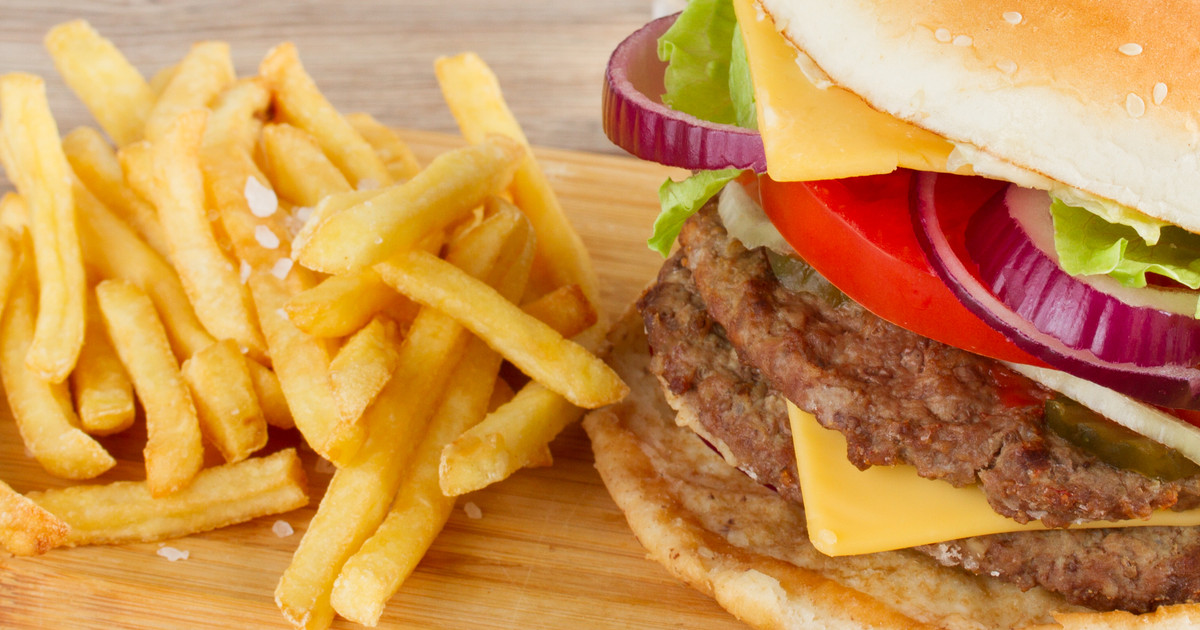
Fatty And Fast Food
Fatty and fast foods are both inflammatory. This means they can trigger asthma attacks and make symptoms worse when they do! Fatty and fast foods, especially when they’re eaten regularly, also make it hard for people to maintain a healthy weight. Staying at a healthy weight is an important part of managing any kind of health condition, including asthma!
In terms of asthma, being overweight means the lungs have to work harder to keep up with their normal function. The fatty foods to avoid are also often fried (such as chips). When fatty foods are fried, they’re also known to increase gas. Remember, that affects asthma too!
Processed Food
Processed food such as cured meats, frozen meals, and many packaged foods are serious triggers for severe asthma symptoms. These kinds of foods contain lots of artificial ingredients, colorings, flavorings, preservatives. They even have artificial sweeteners! This means processed foods can trigger asthma for a variety of reasons. Sulfites are often present in processed foods for example. Nitrates, which are often in hot dogs, salami, and other processed meats have also been connected to increased lung inflammation and asthma.
Those with asthma may also be sensitive to parabens, another preservative, and tartrazine, a dye used in sugary drinks and ice cream. Sugar-free processed food often contains aspartame, which many people are sensitive to, which means food with it is also at an increased risk of causing symptoms of asthma.

Wine
Adults drinking a glass of wine every so often with dinner is fine. Many even say it’s healthy thanks to the antioxidants wine contains, as well as other health benefits. However, wine has been linked to causing flare-ups of asthma symptoms, even as fast as within 1 hour of drinking a glass! According to experts, 30 percent of those who have asthma will experience flare-ups after drinking wine. Red wine is the most common trigger, though white wine also causes these reactions!
It’s hard to pin down a precise trigger for everyone. This is because wine contains many nutrients, minerals, and other ingredients. However, wines often contain sulfites, which is a big identified trigger for asthma attacks.
